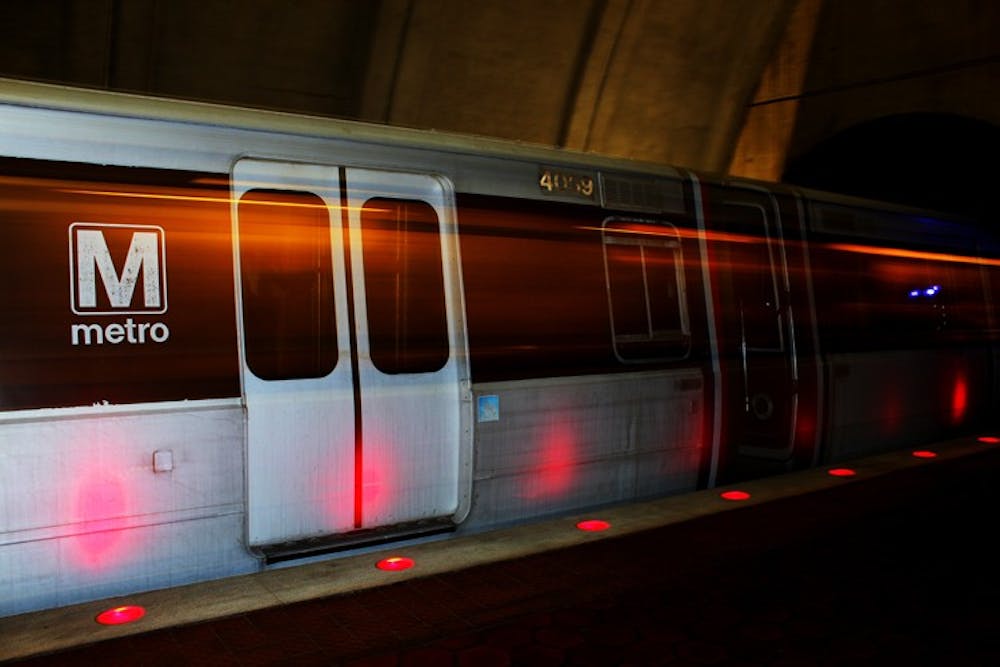Metro rail and bus fares may increase significantly on July 1 to cover the deficit in the Washington Metropolitan Area Transit Authority’s budget.
The proposed increases for SmarTrip users include:
• Increase of MINIMUM fare during off-peak hours from $1.60 to $1.70 for Metrorail
• Increase Metrobus fare from $1.50 to $1.60
• Maximum fare of $5.75 to farthest points during peak hours for Metrorail, up from $5
• Maximum fare of $3.50 to farthest points during off-peak hours for Metrorail, up from $2.75
Peak hours are 5-9:30 a.m. and 3-7 p.m. on weekdays.
Metrorail customers with paper fare cards will be charged a flat rate of $6 during peak hours and $4 the remainder of the time. Metrobus customers will be charged $2 for a local stop bus and $4 for the express bus.
The Metro Board of Directors will vote on the fare increase and other changes to the fiscal year 2013 operating budget in June.
Increase to cover budget deficit
WMATA may need to increase fares to cover the deficit in the current budget to operate and maintain Metrorail and Metrobus, WMATA Director of Media Relations Caroline Lukis said.
Subsidies and passenger fares primarily fund WMATA’s operating budget, which pays for personnel, supplies and other services to operate MetroAccess, Metrobus and Metrorail, according to the fiscal year 2013 budget proposal. WMATA is looking to increase revenue from both sources to meet a larger operating budget for fiscal year 2013, a WMATA spokesperson said.
The operating budget will increase by 8 percent to $1.6 billion if the Board of Directors approves the proposal.
The operating budget is separate from the budget funding construction of the Metrorail, including the new Silver Line, Lukis said.
“Fares are likely to stay at the increased price,” Lukis said. “When they will decrease is not definite, but it all depends on whether we see an increase in revenue.”
WMATA will hold public hearings to gain feedback from the community until March 7 in D.C., Maryland and Virginia. The Board of Directors will review comments from these sessions in April.
Despite the fare increase, College of Arts and Sciences freshman Becky Royer said she will still use Metrorail and Metrobus.
“I don’t think it will make me take the Metro any less, but it is frustrating to see prices go up,” she said.
School of Communication freshman Lawrence Kubli said WMATA is targeting students who have no other transportation.
“It’s a form of entrapment,” he said. “They know that D.C. is a city with a large student population which need the Metro in order to get around.”
Metro construction to stop
WMATA will stop most construction work on the Metrorail during cherry blossom season to accommodate visitors. This will include:
• No weekend track work from March 24-April 15
• No midday track work from March 26-April 13
All other scheduled track work during this season will take place after 10 p.m., according to the Feb. 22 press release.
Students can stay informed about Metrorail announcements through WMATA’s updated MetroAlerts, which alerts customers by email or text about upcoming changes or delays.
Lukis said customers can now receive information regarding Metrorail and Metrobus as well as specify which updates they want to receive.





